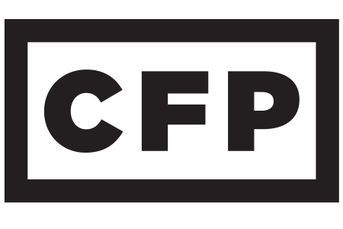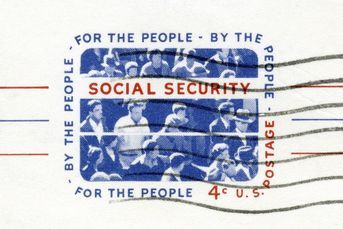Advisers must step up guidance on Medicare, as flubs are costly

Some clients may not even realize they're supposed to enroll.
Mounting health-care costs mean medical bills increasingly have the potential to derail clients’ carefully plotted plans for retirement. That makes it all the more important they get it right when it comes time to signing up for Medicare, the default health insurer for those 65 and older.
As contributing editor Mary Beth Franklin’s cover story this week warns, making a mistake on Medicare enrollment can have serious consequences.
And the process is far from simple. For starters, there’s now a disconnect between the date to sign up for Medicare, which is still your 65th birthday, and the age at which many people are eligible to collect full Social Security benefits, which is 66 or older.
People who start collecting Social Security early are automatically enrolled in Medicare when they turn 65, but everyone else has to remember to go sign up. The federal government doesn’t send out any notice about Medicare enrollment, so some people don’t even realize they’re supposed to do it.
(More: Countdown to Medicare and Social Security checklist)
The situation is complicated by the fact that people who still are working at age 65 may assume they can go on relying on whatever health insurance they have. But Medicare is mandatory unless a person has “creditable” coverage. Small-business plans may not qualify, and retiree health plans and COBRA definitely don’t qualify.
If individuals who don’t have creditable coverage fail to sign up for Medicare when required, they could end up paying a penalty in the form of higher premiums for Medicare Part B — for the rest of their lives.
Enrolling in Medicare also involves a number of choices advisers can help their clients think through. Should they go with a Medigap policy to supplement Medicare Parts A and B? Or should they sign up for Medicare Advantage, which takes the place of Parts A, B and Medigap often at a lower cost but with limitations to providers?
Mary Beth points out that people who choose Medicare Advantage initially and then decide to switch to Medigap may find that not all Medigap plans are available to them — or they may be charged a higher rate because of medical underwriting. A recent report by federal government auditors also criticized Medicare Advantage plans for improperly denying care to some enrollees.
(More: Advisers’ guide to helping clients with open enrollment)
Advisers also can play a role helping clients navigate Medicare Part D prescription drug coverage, which involves another set of choices as individuals try to figure out which of many options works best given their prescriptions.
Given the key role health care plays in retirees’ finances and the pitfalls people may encounter in enrolling in Medicare, advisers need to step up. Even simply reminding clients of the rules around Medicare enrollment well before their 65th birthday hits would be an enormous step forward.
Learn more about reprints and licensing for this article.








